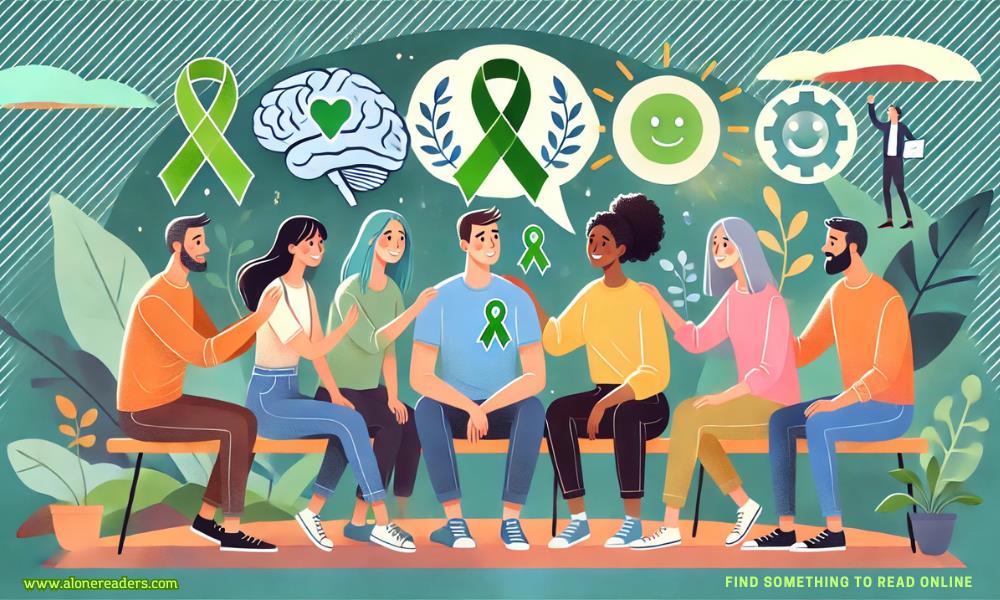
Mental health stigma remains a pervasive barrier preventing individuals from seeking the support they need. Despite growing awareness, misconceptions and prejudices about mental illnesses persist, leading to discrimination and isolation. This article delves into the roots of mental health stigma and provides actionable strategies to combat it, fostering a more compassionate and understanding society.
What is Mental Health Stigma?
Mental health stigma refers to the negative attitudes and beliefs that society holds about individuals with mental illnesses. This stigma can manifest as discrimination, social exclusion, and stereotyping, often leading to significant emotional and psychological harm.
Types of Stigma
Lack of Understanding and Education
Misconceptions about mental health conditions contribute significantly to stigma. Without proper education, people may hold false beliefs about the causes, nature, and treatability of mental illnesses.
Cultural and Societal Norms
Different cultures have varying perceptions of mental health. In some societies, mental illness is viewed as a sign of weakness or moral failing, exacerbating stigma.
Media Representation
Media often portrays mental illness inaccurately, reinforcing stereotypes. Sensationalized or negative portrayals can shape public perception adversely.
Barriers to Seeking Help
Stigma discourages individuals from seeking professional help, leading to untreated mental health issues and worsening conditions.
Social Isolation and Discrimination
Those affected by mental health issues may experience exclusion from social, educational, and professional environments, impacting their overall well-being and opportunities.
Economic Costs
Untreated mental health conditions can lead to decreased productivity, increased healthcare costs, and a higher burden on social support systems.
Education and Awareness
Change the Language We Use
Promote Positive Media Representation
Supportive Policies and Practices
Foster a Supportive Community
Practice Empathy and Compassion
Listening without judgment and offering support can make a significant difference in someone’s willingness to seek help.
Challenge Your Own Biases
Reflecting on and addressing personal prejudices ensures that individuals contribute positively to reducing societal stigma.
Be an Advocate
Taking an active role in promoting mental health awareness, whether through social media, volunteering, or speaking out, can amplify efforts to combat stigma.
Conclusion
The stigma surrounding mental health is a multifaceted issue that requires a collective effort to address. By fostering education, changing language, promoting positive media representation, implementing supportive policies, and building a compassionate community, society can significantly reduce the stigma associated with mental illness. Empowering individuals to seek help without fear of judgment not only improves personal well-being but also contributes to a healthier, more inclusive society.